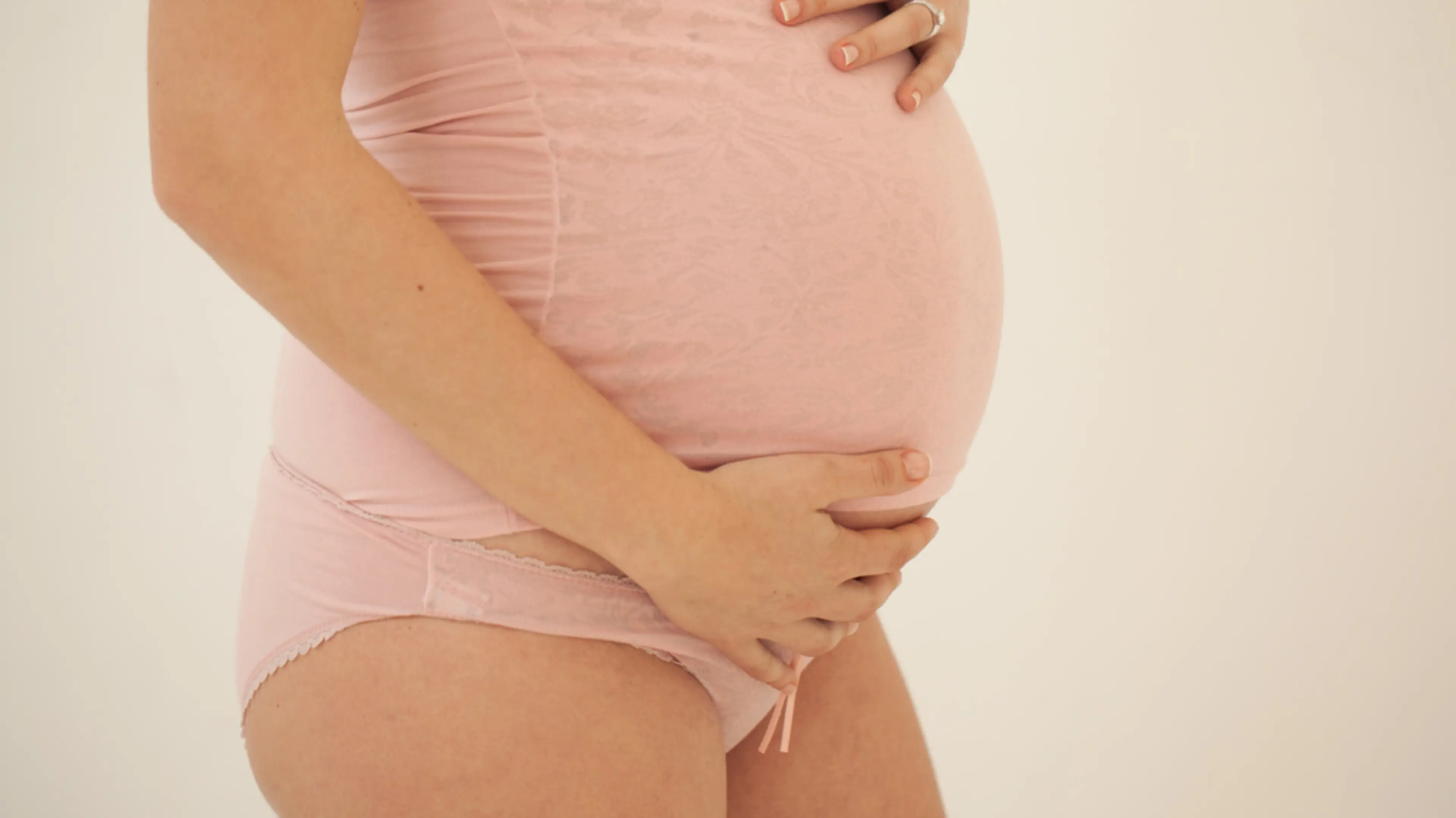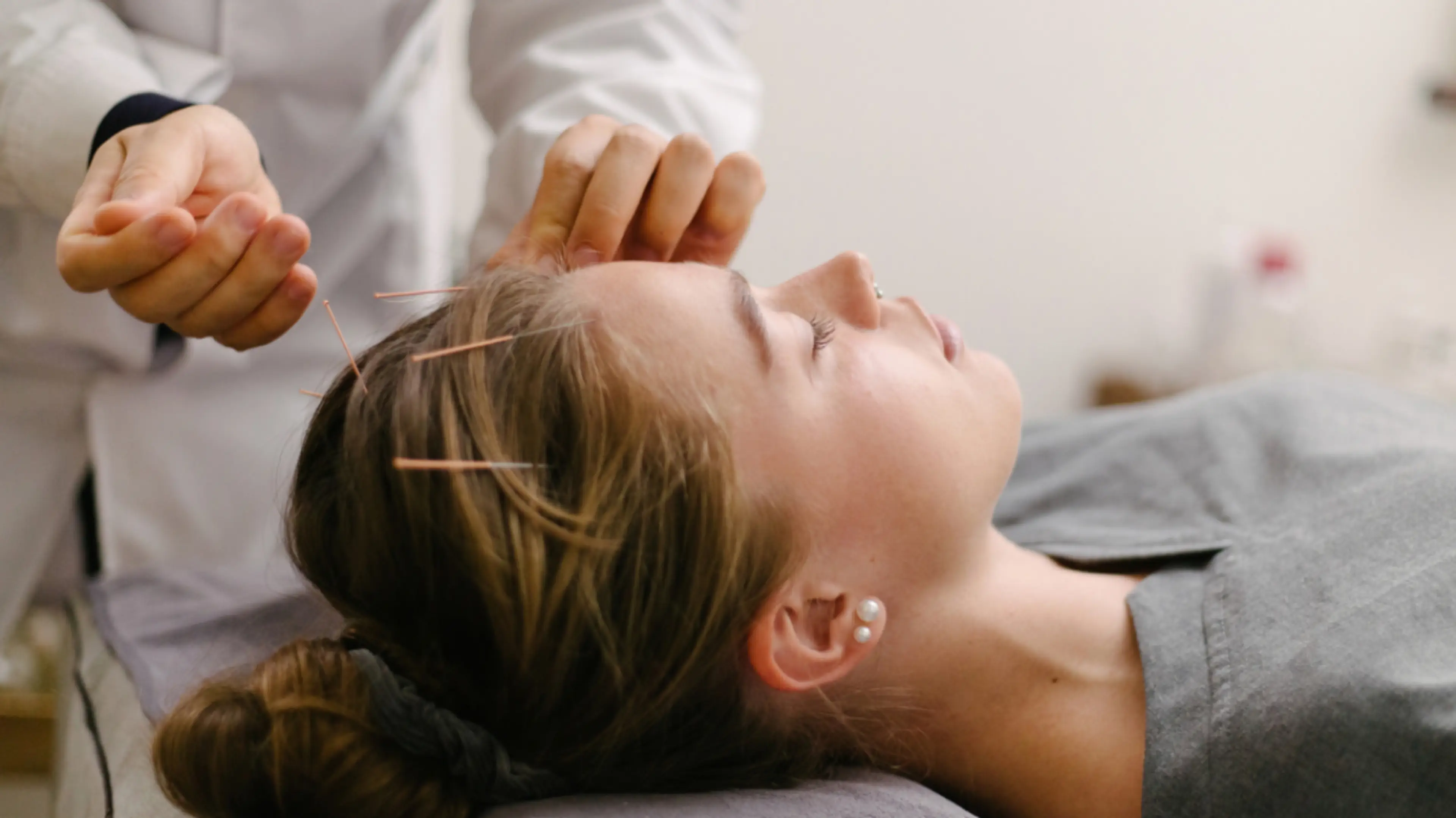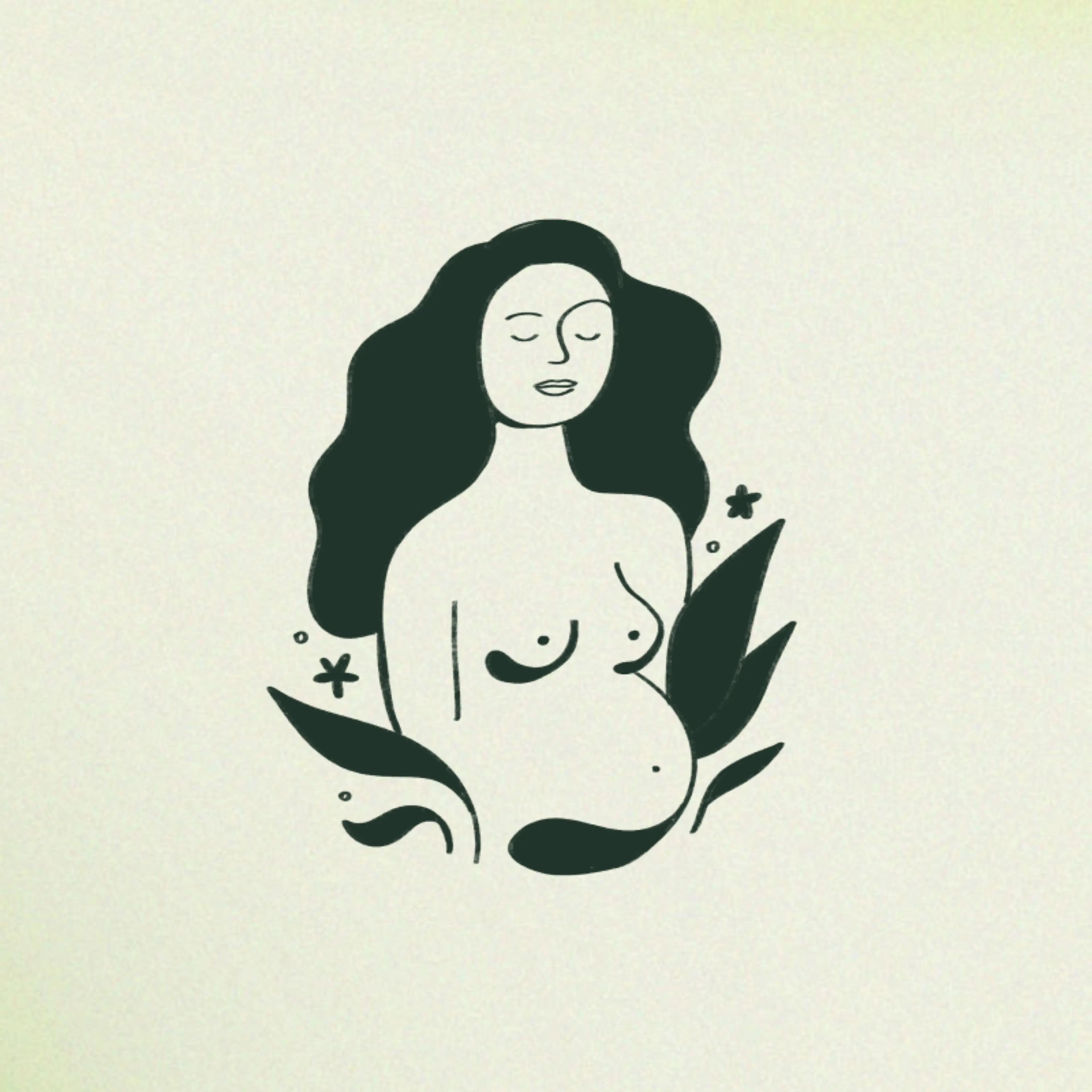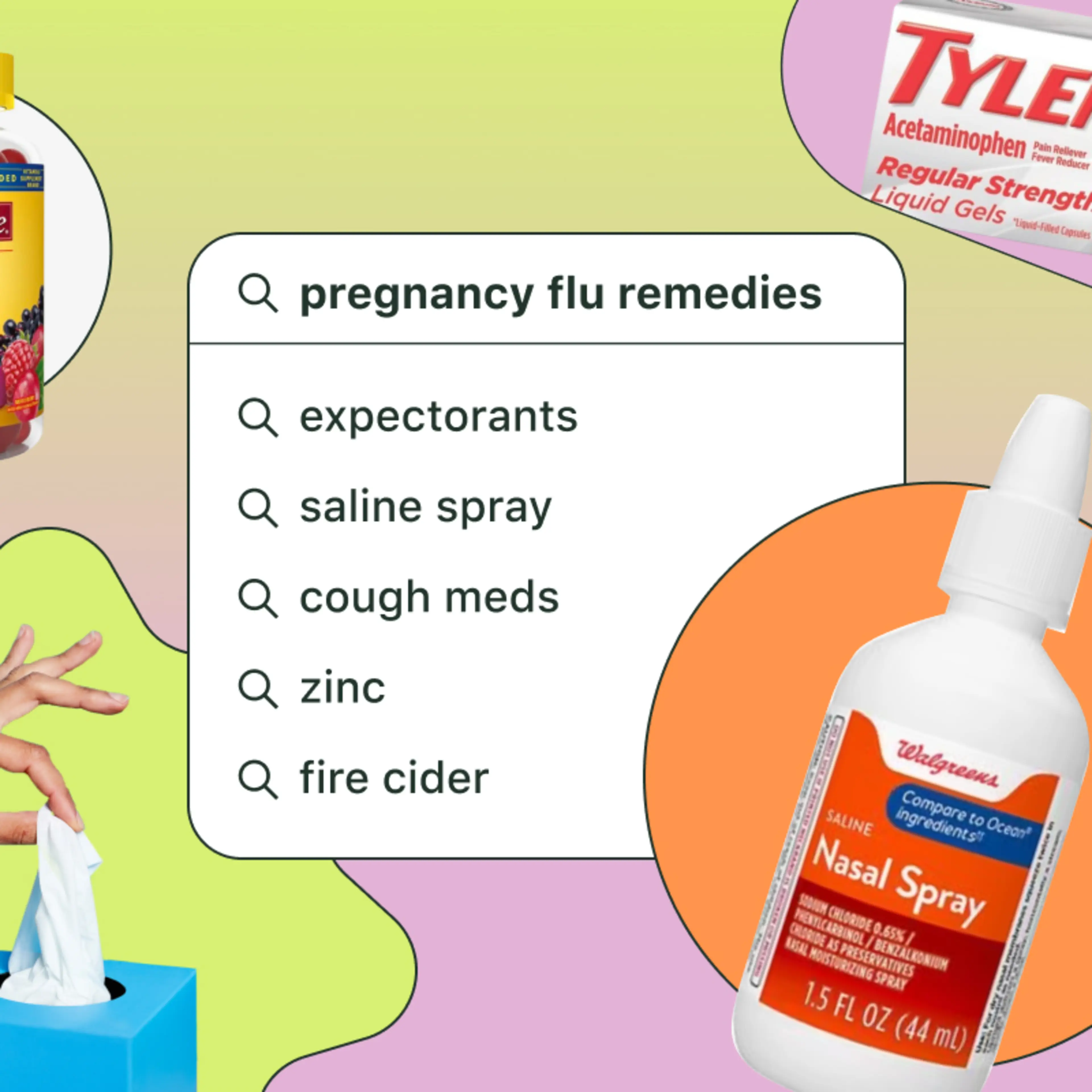Pregnancy often comes with all sorts of surprises. Some surprises, like finding out whether you’re having a boy or a girl, can be joyful. Others, like discovering that morning sickness doesn’t just happen in the morning, are less pleasant. Hemorrhoids, which the US Department of Health and Human Services Office on Women’s Health says 50% of pregnant people4 will develop at some point before their baby arrives, are often one of the most surprising (and surprisingly uncomfortable) pregnancy related issues.
If you’ve developed hemorrhoids, you may have all sorts of questions about what causes them and what you can do to feel better. Here’s what you need to know about hemorrhoids during pregnancy.
What Are Hemorrhoids?
Hemorrhoids are swollen veins on the inside or outside of your anus. They often look like one or more lumps protruding from your anus and can be the same color as the rest of your skin, bright red, or even purple.
Internal hemorrhoids occur on the inside of your anus and are not typically visible unless they prolapse and begin to protrude outside your body. Usually, internal hemorrhoids that remain internal don’t cause pain, though they may cause some bleeding when you have a bowel movement. If internal hemorrhoids do prolapse and begin to protrude from your anus, you can expect them to cause some serious pain and discomfort.
External hemorrhoids exist under the skin immediately adjacent to your anus. These sorts of hemorrhoids tend to become painful, itchy and swollen as they become irritated.
While hemorrhoids can cause discomfort and disruption to your daily life, they’re not dangerous and won’t impact you or your baby’s long-term health.
How Can I Tell If I Have Hemorrhoids?
If you’re feeling some backdoor discomfort during pregnancy, hemorrhoids are a likely culprit. Most of the time, if you develop hemorrhoids, you’ll notice because you develop symptoms that make life at least a little uncomfortable. “Hemorrhoids most commonly cause symptoms such as pain or fullness around the anus, pain with bowel movements, or the feeling of needing to have a bowel movement,” Says Dr. Stephanie LaFave, a family physician based in Front Royal, Virginia. Other symptoms to look out for include:
Bleeding with a bowel movements
A raised area near or seemingly protruding from the anus
Itching
Burning
Pain with movement and sensitivity to touch
If you see blood when you wipe after having a bowel movement, it’s a good idea to touch base with your care provider to rule out any other issues. You can also grab a hand mirror and take a peek down below yourself to see if you can spot the source of your discomfort.
What Causes Hemorrhoids?
While hemorrhoids can occur at any time, they’re more common during pregnancy due to the physiological changes that your body undergoes as it grows and prepares to birth your baby.
During pregnancy, your blood volume expands by around 45%, according to the American Heart Association2 . This extra blood helps carry oxygen and nutrients to your growing baby and helps your body prepare for the inevitable blood loss that occurs after birth. It’s also the reason your veins enlarge though, which makes them more prone to uncomfortable swelling, and can, according to Cedars Sinai hospital1 , cause hemorrhoids.
Your growing uterus (and the baby inside of it) also puts pressure on your entire pelvic floor, including your rectum. As the uterus becomes heavier, the veins around your anus become more susceptible to strain. Many pregnant people find that they remain hemorrhoid free during their first and second trimesters, only to see them begin to occur during the final weeks of pregnancy when the uterus puts maximum pressure on their pelvic floor. If you have severe constipation in early pregnancy though or have had hemorrhoids in the past, you may notice them occurring as early as the first trimester.
Constipation, another common pregnancy symptom (slowed digestion means your body has more time to absorb the nutrients you and baby need) is also a contributing factor to hemorrhoids. When you’re constipated, you’re more likely to strain during a bowel movement, which can stress the already enlarged veins in and around your anus.
Can You Prevent Hemorrhoids?
While you may not be able to totally prevent hemorrhoids, there are things you can do to reduce your risk or reduce their severity if they do occur. These strategies are mostly related to preventing constipation and the associated straining and include:
Choosing high-fiber foods
Drinking plenty of water
Going when you feel the urge and avoiding linger in the bathroom (sitting for too long on the toilet can increase the pressure on your anal region)
Avoiding straining when you have a bowel movement
Relieving Hemorrhoid Discomfort
If hemorrhoids have you squirming in your seat (or even struggling to sit down) you probably want relief as quickly as possible. While you may not be able to get rid of your hemorrhoids totally during pregnancy, you can do a lot to reduce the associated discomfort.
“There are lots of simple over-the-counter things people can do to get relief, like herbal sitz baths, witch hazel pads, or applying a baking soda paste to quell itching,” says Carrie Murphy3 , a full-spectrum doula based in Austin, Texas. Using ice packs, cooling gel, and drugstore creams can also provide temporary relief until your hemorrhoids are less irritated. When you have a bowel movement, be sure to use a peri bottle to rinse yourself, or cooling wipes instead of regular toilet paper to clean your bottom to avoid as much additional irritation as possible.
It’s also important to note that not all hemorrhoids need treatment. “If they aren’t giving you discomfort, you don’t have to do anything to treat them,” says Murphy.
Will Hemorrhoids Go Away?
Depending on the size and severity of your hemorrhoids, you might either see them shrink and partially or totally go away after a few days or find they’re a longer-term problem. Small hemorrhoids often shrink on their own as the initial swelling and irritation decrease. Larger hemorrhoids will generally become less painful within a few days but may take longer to naturally go away or, in some cases, may require treatment from a doctor.
If you have hemorrhoids during pregnancy that shrink substantially or do seem to disappear, don’t be surprised if they reoccur later on or while you’re giving birth. Hemorrhoids are an ongoing issue for many pregnant people in the last trimester, so don’t be shy about stocking up on hemorrhoid relief products.
Post-delivery, most people notice their hemorrhoids shrink within several days. If you’re still experiencing discomfort, pain, or a noticeable protrusion several weeks after delivery, your OB or midwife will likely refer you to a colorectal doctor who can share options for persistent hemorrhoids. It’s not common, but some hemorrhoids do require surgical treatment.
Hemorrhoids during pregnancy are no fun. Whether you experience hemorrhoids once or find that they come and go throughout your pregnancy and postpartum period, it’s comforting to know that most hemorrhoid-related discomfort passes within a few days. Once your baby is born, you can add hemorrhoids to the list of unpleasant pregnancy symptoms that you’re all done with for now!










